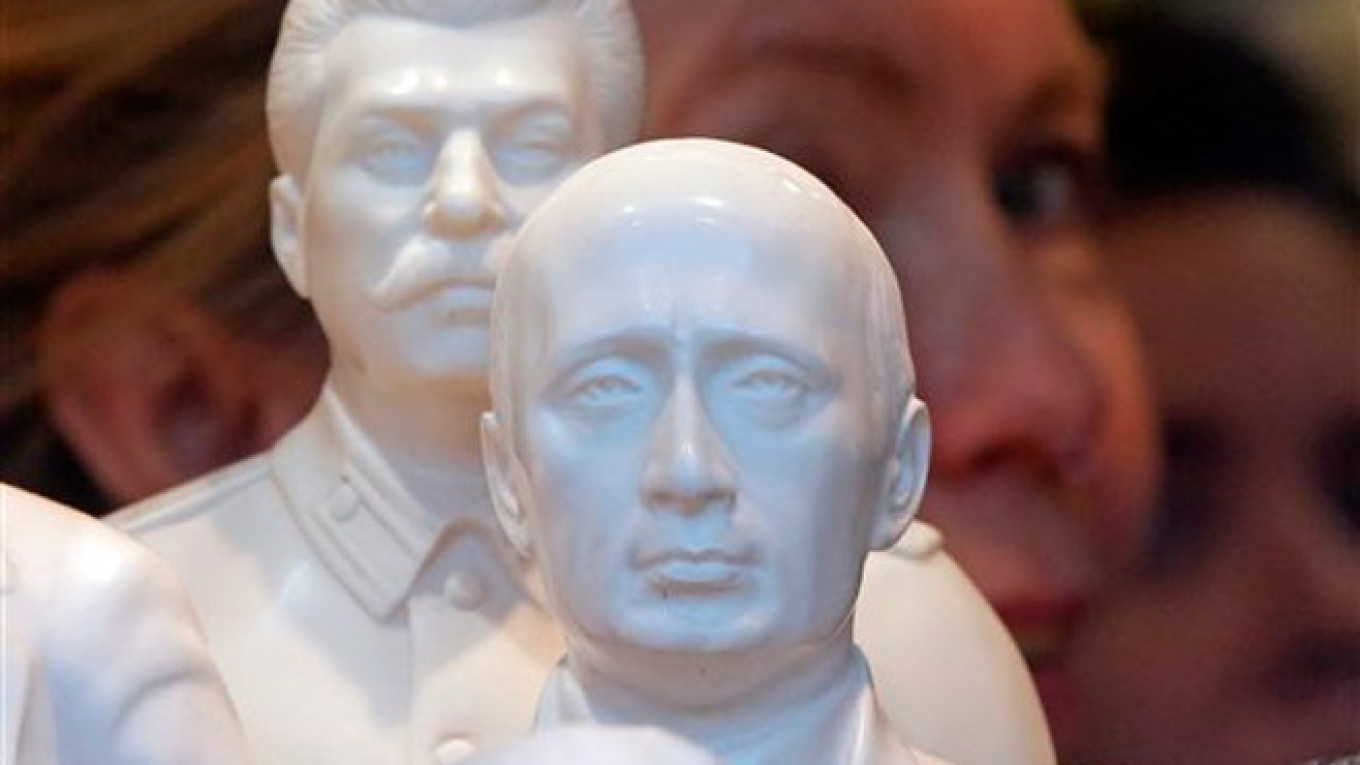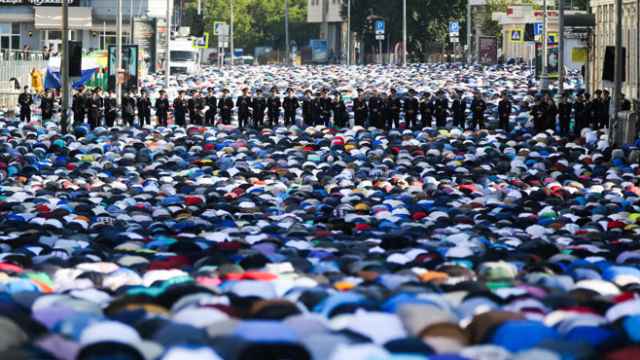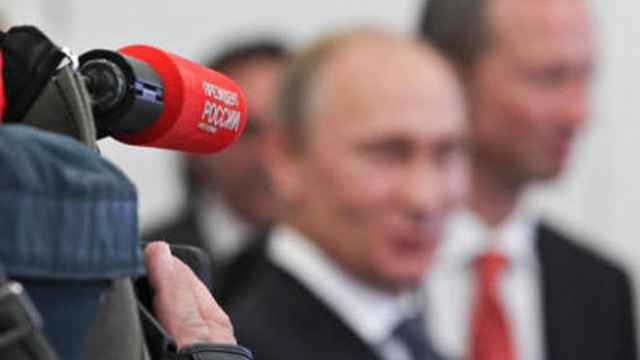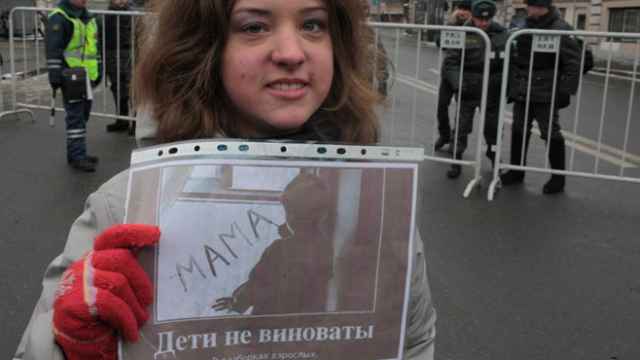Russian rulers and their closest colleagues have felt for centuries that they were in competition with their neighbors. In fact, the Russian words for "competition" and "jealousy" — "sorevnovaniye" and "revnost" — have the same root. Senior Russian officials have always been jealous of the successes and achievements of those in the West and looked down on everyone else.
First Russia — and later the Soviet Union — was the first, or among the first countries that sought to catch up to the developed world with a national modernization drive. (Japan began its project later.)
The Russian authorities always believed that selective modernization was the best means for closing the gap with the West. In what some Western scholars began referring to as the "Moscow economic model," Russian strategists focused on those aspects of the economy and governance that were primarily concerned with national security and military operations.
Russia's relative strength or weakness has fluctuated at different stages of its history, but it has always wanted to prove something to the world with the limited resources at its command. These situations and projects have varied greatly, from Generalissimo Alexander Suvarov's campaigns in Europe to the military victories of the 20th century; from the challenging and uneven leap toward progress under Peter the Great to the much more selective and tragic attempt under former Soviet leader Josef Stalin.
Ideologues and textbook authors have always praised such efforts, casting them as milestones in the official history of Russia. But there have also always been people who questioned the price society paid for those modernization drives and "leaps forward." And although those detractors also wrote books, those volumes rarely achieved the same print runs or readerships as the books that spoke of glowing triumphs. Russia has yet to calculate or come to terms with the price this society paid not only for Stalin's policies, but also for the entire Soviet drive for progress.
Strategists have always been interested in mobilizing human and material resources by any means necessary. Their task is to "spend" those resources freely, never worrying about the cost. This is why the Russian authorities have always been so inaccessible and unaccountable to the people: otherwise, they would have to give a reckoning of how many citizens they had "spent."
Those who argued with the strategists have always tried to bring those hidden costs to light, to name names and assign responsibility. They try to understand the price society pays for the government's actions and now try to explain, in particular, that the current war is turning Russian society into an anachronism among modern states.
Russia has once again embarked on the path of selective development. And once again, leaders have made national security and military technology top priorities. The authorities have successfully rallied the Russian people around one military project after another, with the result that many are even convinced it is the only course possible.
However, by lending such enthusiastic support to the Kremlin, the Russian people have also handed leaders a carte blanche. And in contrast to the blank check the Federation Council handed President Vladimir Putin — allowing him to use the country's military in any foreign venture at any time and for any duration — the carte blanche from the people is not written in black and white and endorsed with official signatures. But it does exist, and although the total sum on that "check" remains blank, it denotes all of the country's human potential: It is all there for Putin to "spend" as he sees fit.
Maxim Trudolyubov, an editor at the independent Russian newspaper Vedomosti, is a director at the Center for New Media and Society at the New Economic School in Moscow. This comment originally appeared in Vedomosti.
A Message from The Moscow Times:
Dear readers,
We are facing unprecedented challenges. Russia's Prosecutor General's Office has designated The Moscow Times as an "undesirable" organization, criminalizing our work and putting our staff at risk of prosecution. This follows our earlier unjust labeling as a "foreign agent."
These actions are direct attempts to silence independent journalism in Russia. The authorities claim our work "discredits the decisions of the Russian leadership." We see things differently: we strive to provide accurate, unbiased reporting on Russia.
We, the journalists of The Moscow Times, refuse to be silenced. But to continue our work, we need your help.
Your support, no matter how small, makes a world of difference. If you can, please support us monthly starting from just $2. It's quick to set up, and every contribution makes a significant impact.
By supporting The Moscow Times, you're defending open, independent journalism in the face of repression. Thank you for standing with us.
Remind me later.








